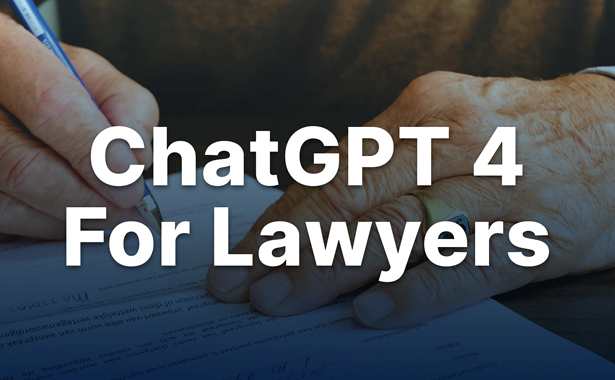Tribunal Ontario | LTB: Forms – Schedule of Parties
Schedule of Parties in Ontario
The document titled “Schedule of Parties” is a form designed for recording detailed information about parties involved in a legal or rental agreement. It includes sections for entering names, addresses, and contact details for tenants, landlords, co-op members, subtenants, superintendents, and landlord’s agents. The form emphasizes typing or printing information in uppercase and specifies fields for day, evening, and fax phone numbers. It also outlines the Landlord and Tenant Board’s rights to collect and potentially publicize this information according to specific regulations, with a note on confidentiality orders.
Filling out this form for the Landlord and Tenant Board in Ontario requires precise and clear information. Here is a guide to help you complete the form accurately:
General Instructions
- Print or Type in Uppercase: Ensure all entries are in uppercase letters. This makes the information easier to read and process.
- Accuracy is Key: Provide accurate and current information to avoid delays or issues with your application.
Section by Section Guide
Party’s Name and Address
- First Name: Enter the first name of the party involved in the case (tenant, landlord, etc.). If you represent a company or entity, enter its authorized contact person’s first name.
- Last Name: Enter the last name of the individual, or the legal name of the entity, involved in the case.
- Street Address: Provide the complete street address, including the unit/apartment/suite number if applicable.
- Municipality: Enter the city, town, or other municipality where the property is located.
- Province (Prov.): Abbreviate the province to “ON” for Ontario.
- Postal Code: Provide the postal code in the format “A1A 1A1”.
Contact Information
- Day Phone Number: Enter the phone number, including the area code, where you can be reached during the day. Format: (XXX) XXX-XXXX.
- Evening Phone Number: Provide an evening contact number if different from the day phone number.
- Fax Number: If available, provide a fax number for receiving official documents.
Additional Notes
- Role Selection: Mark the appropriate box to indicate your role in the case (tenant, co-op member, landlord, co-op, subtenant, superintendent, landlord’s agent).
- Office Use Only: Leave this section blank, as it is intended for administrative purposes only.
- Confidentiality and Public Access: Understand that the information you provide may become publicly available unless a confidentiality order is requested and granted by the adjudicator.
Double-check all entries for accuracy and completeness. Remember, providing complete and accurate information on this form is crucial for the resolution of your application. Missing or incorrect details can lead to delays or complications in your case.
Disclaimer: This guide is provided for informational purposes only and is not intended as legal advice. You should consult the Residential Tenancies Act or a legal professional.




